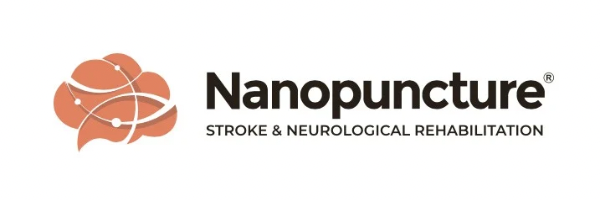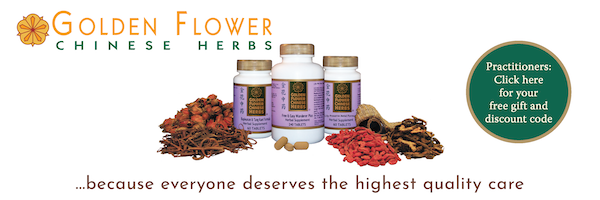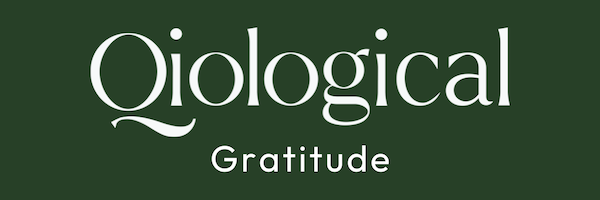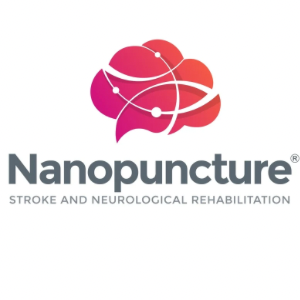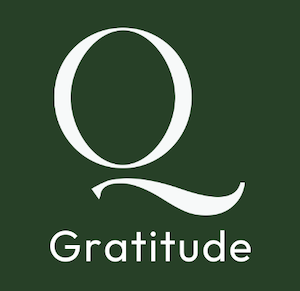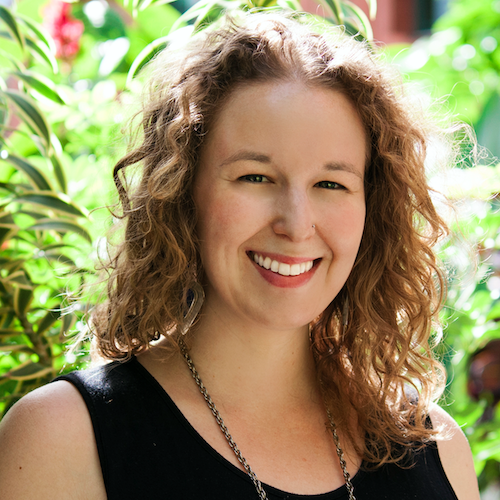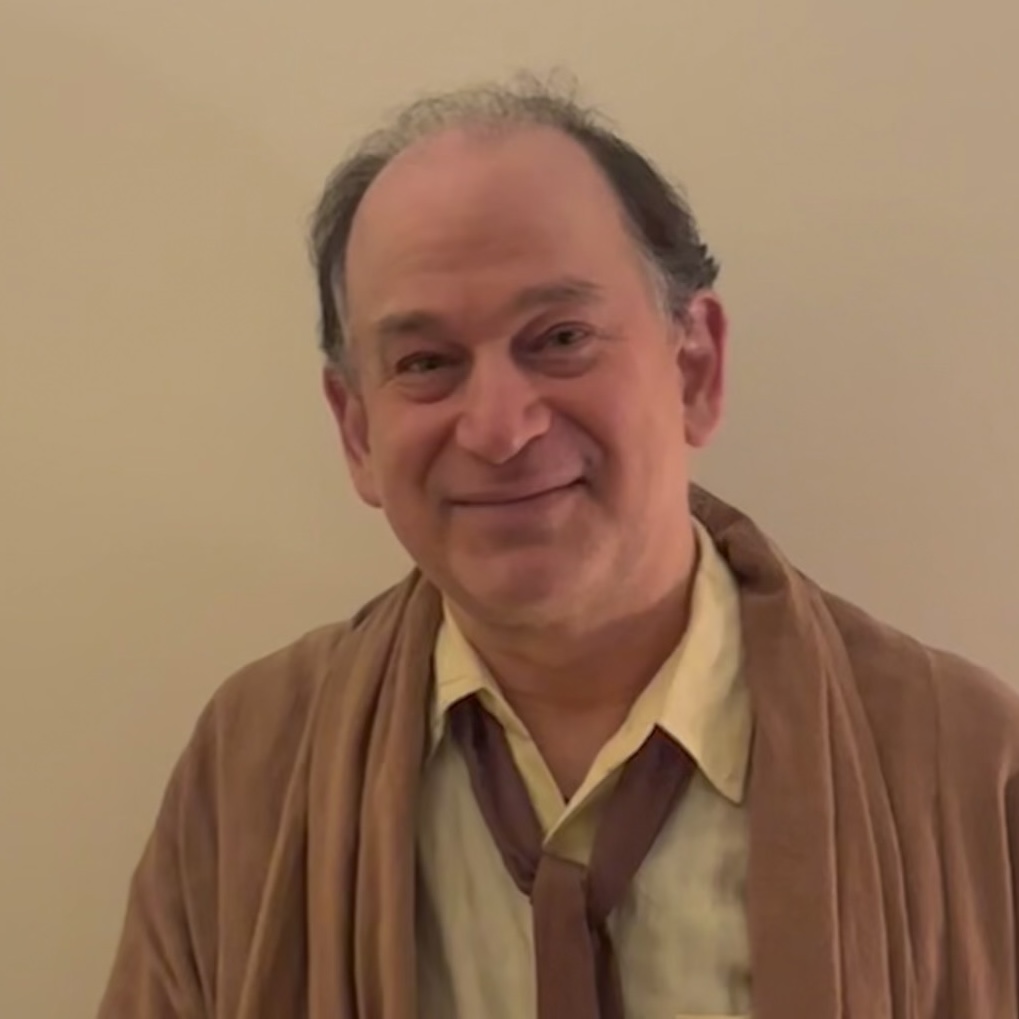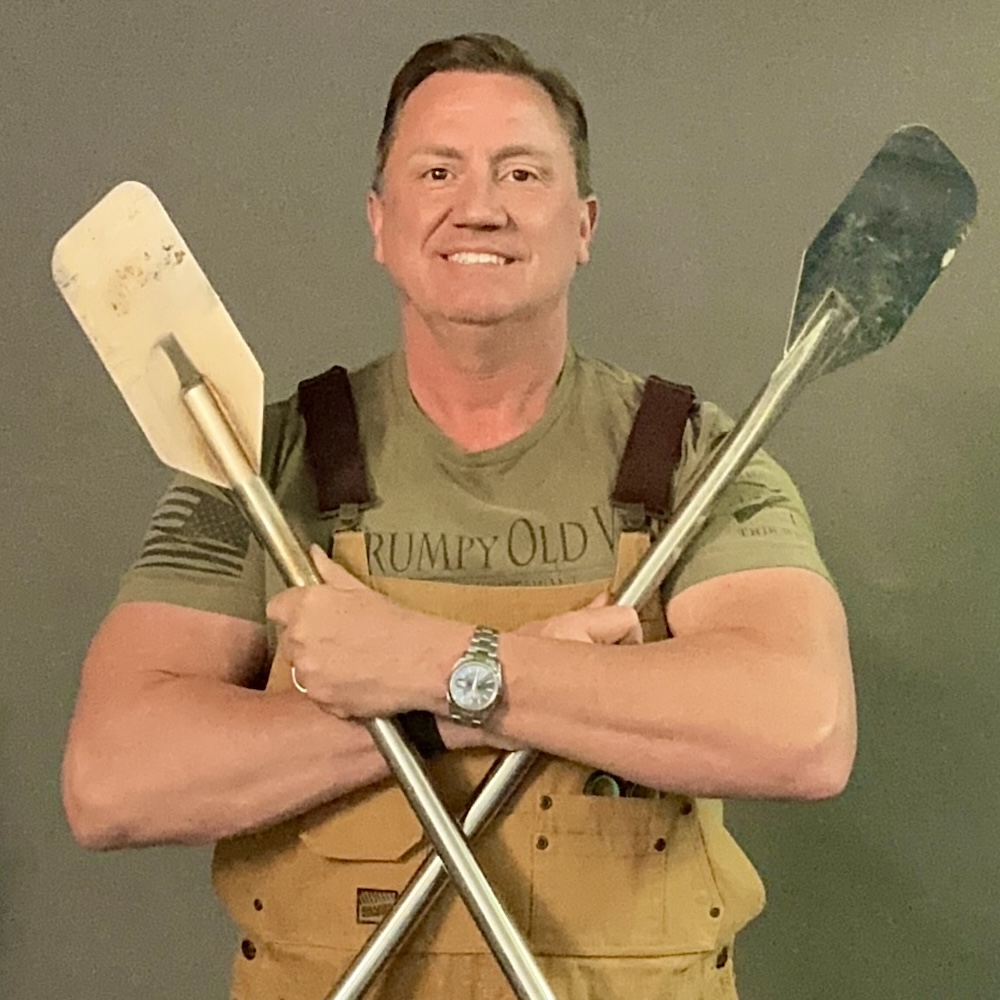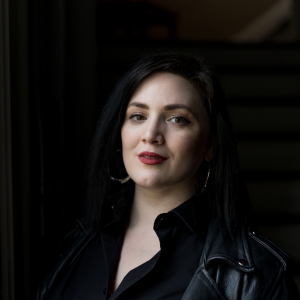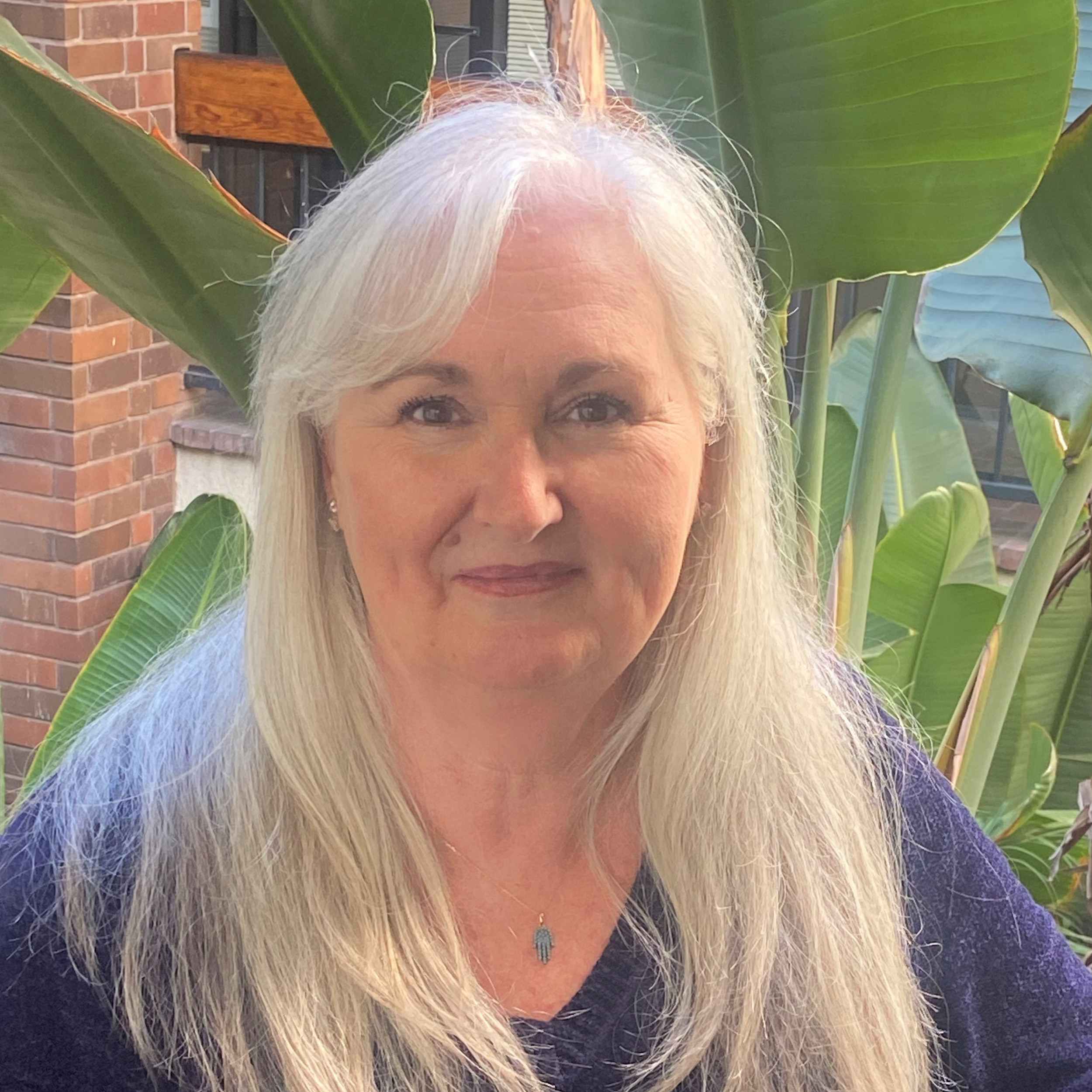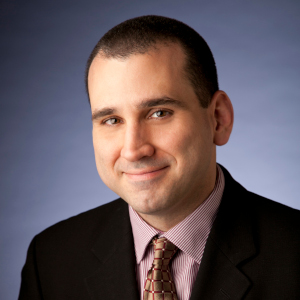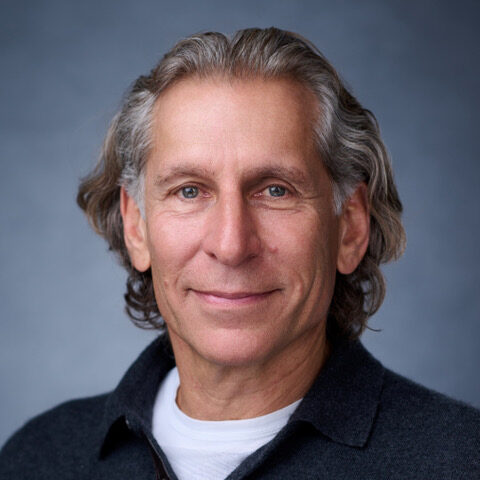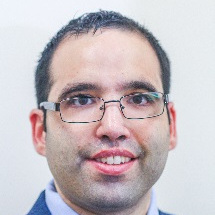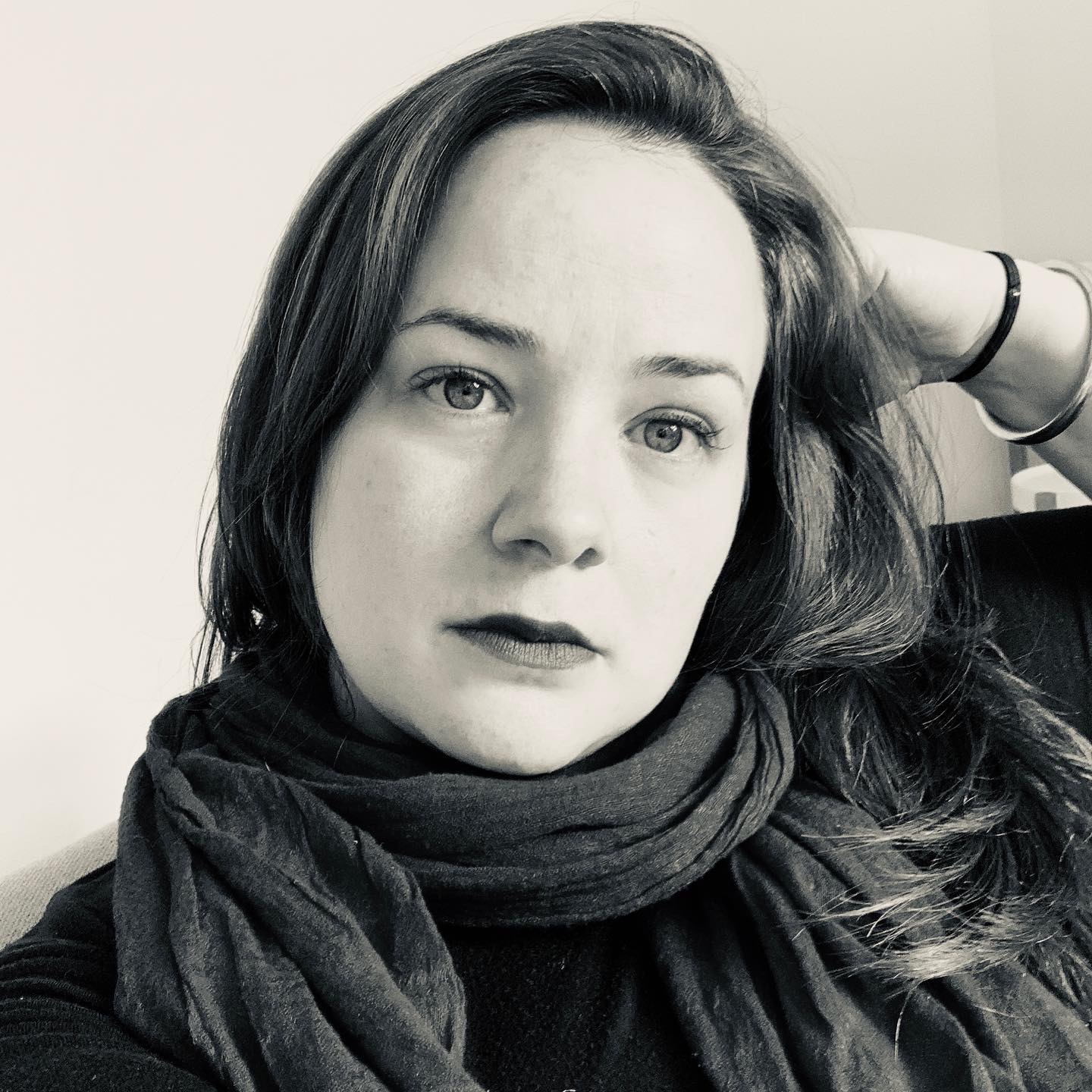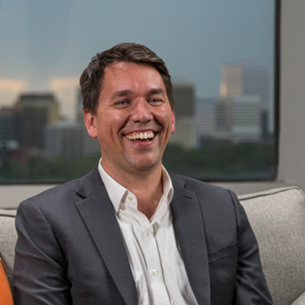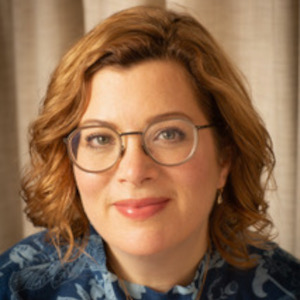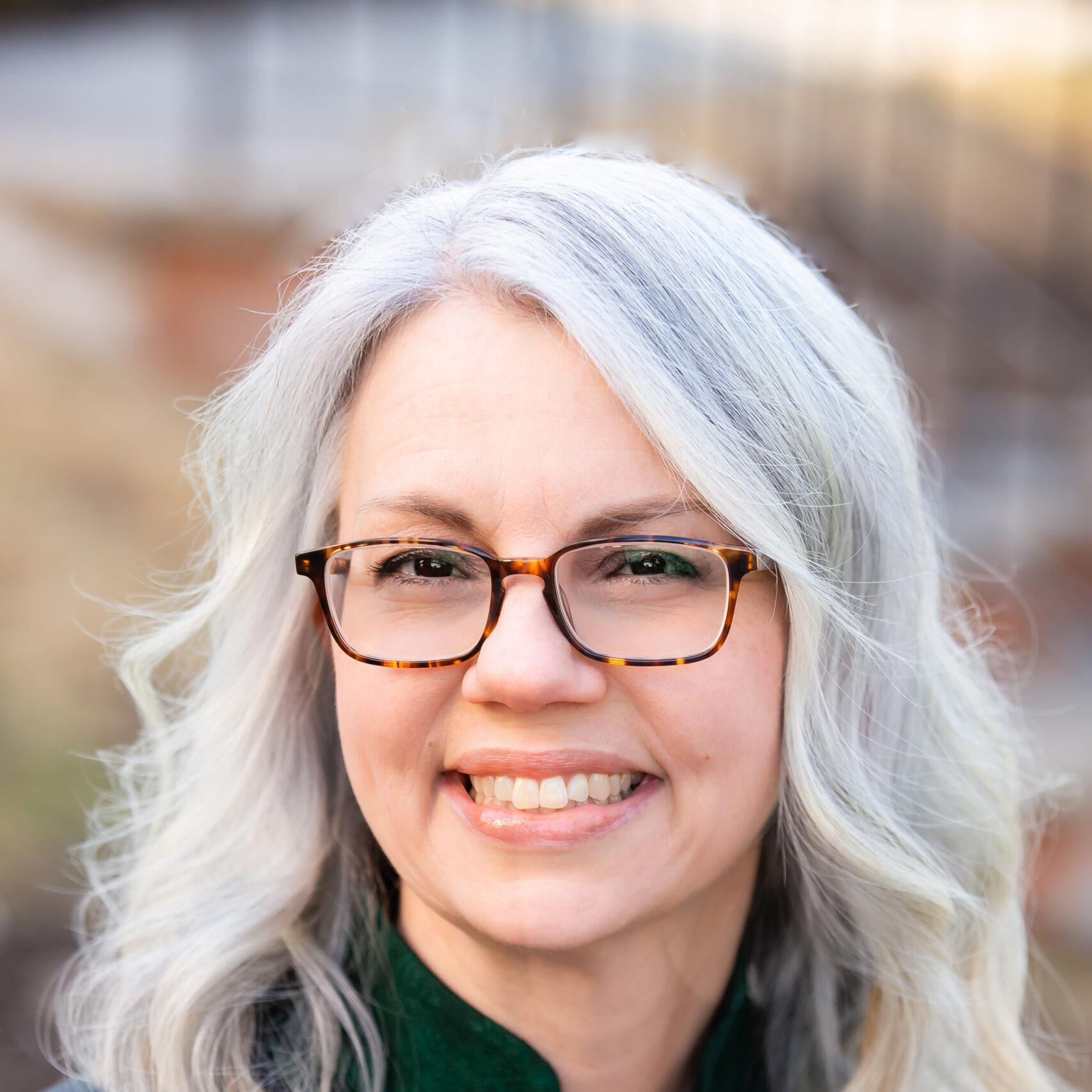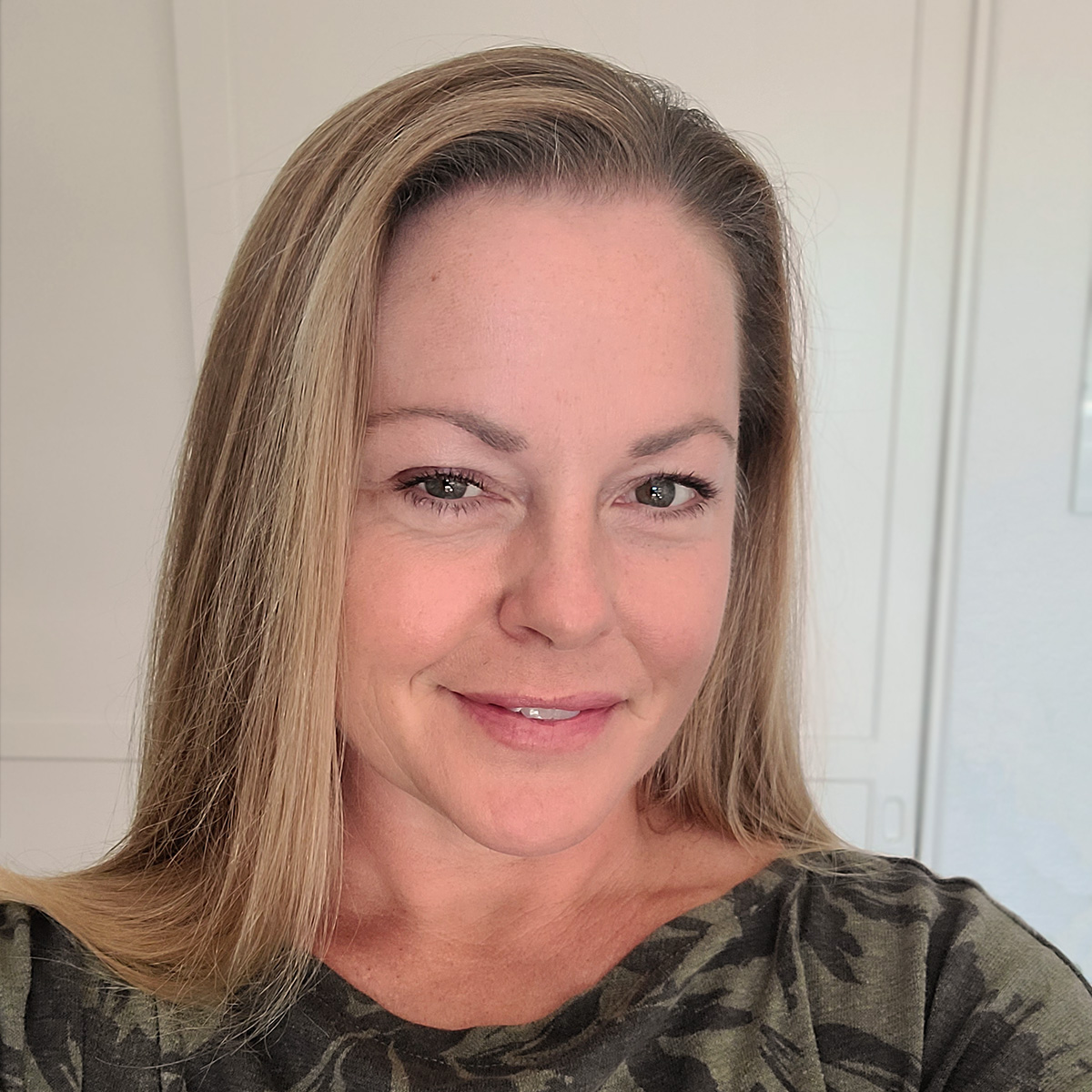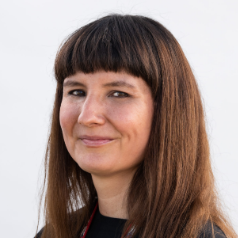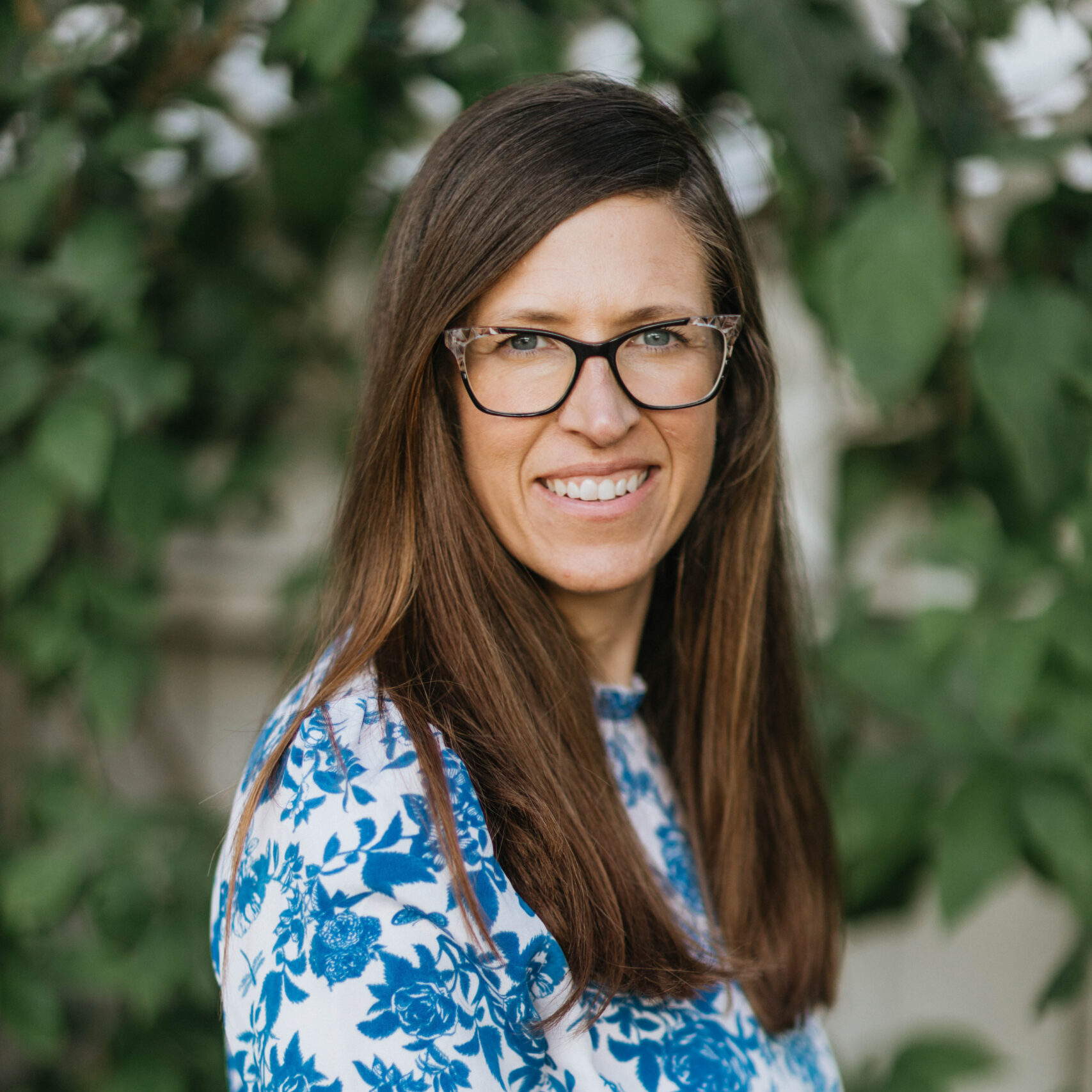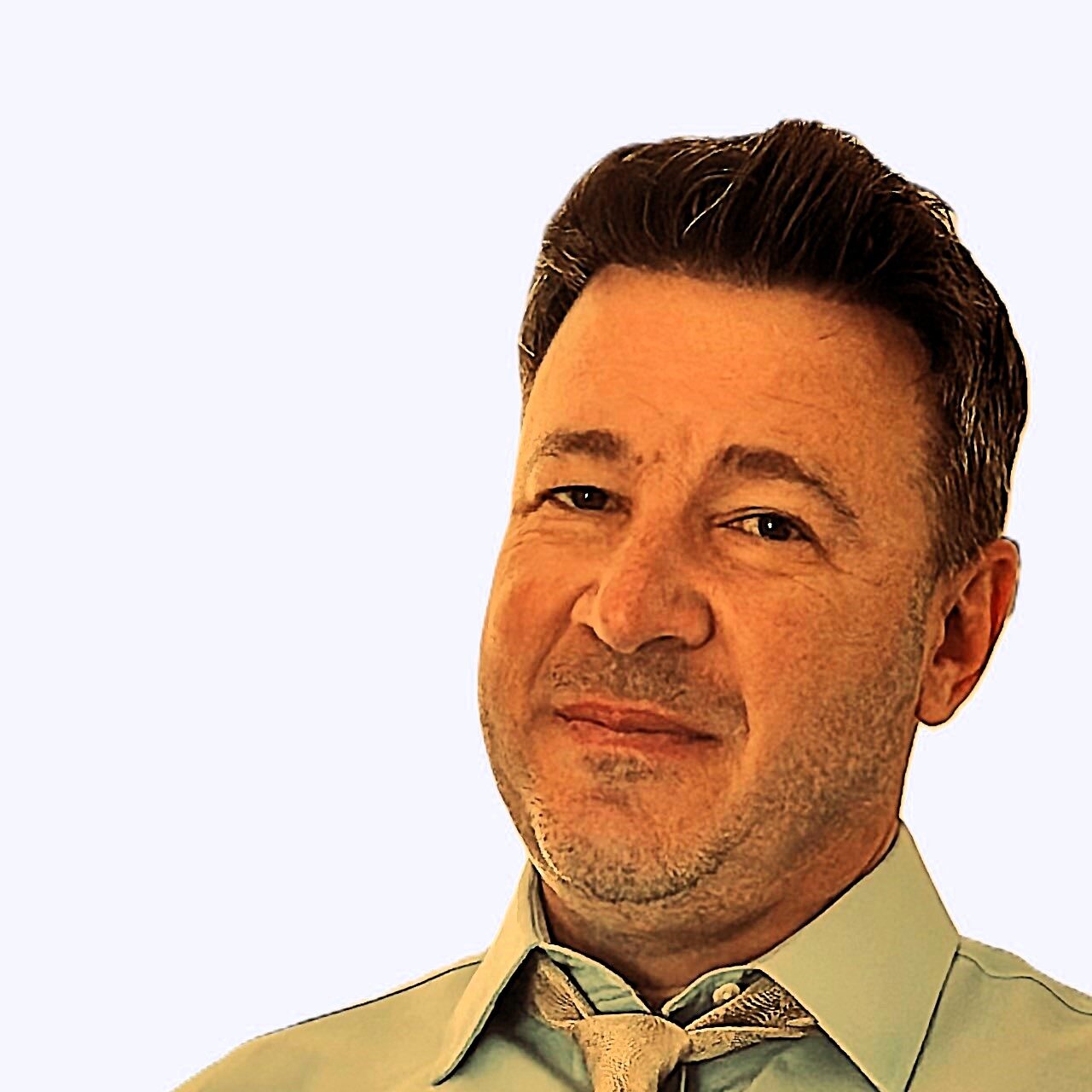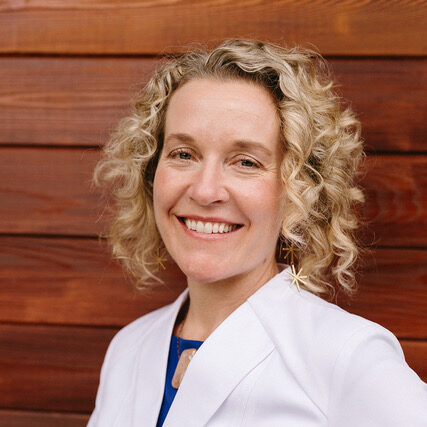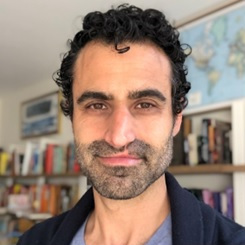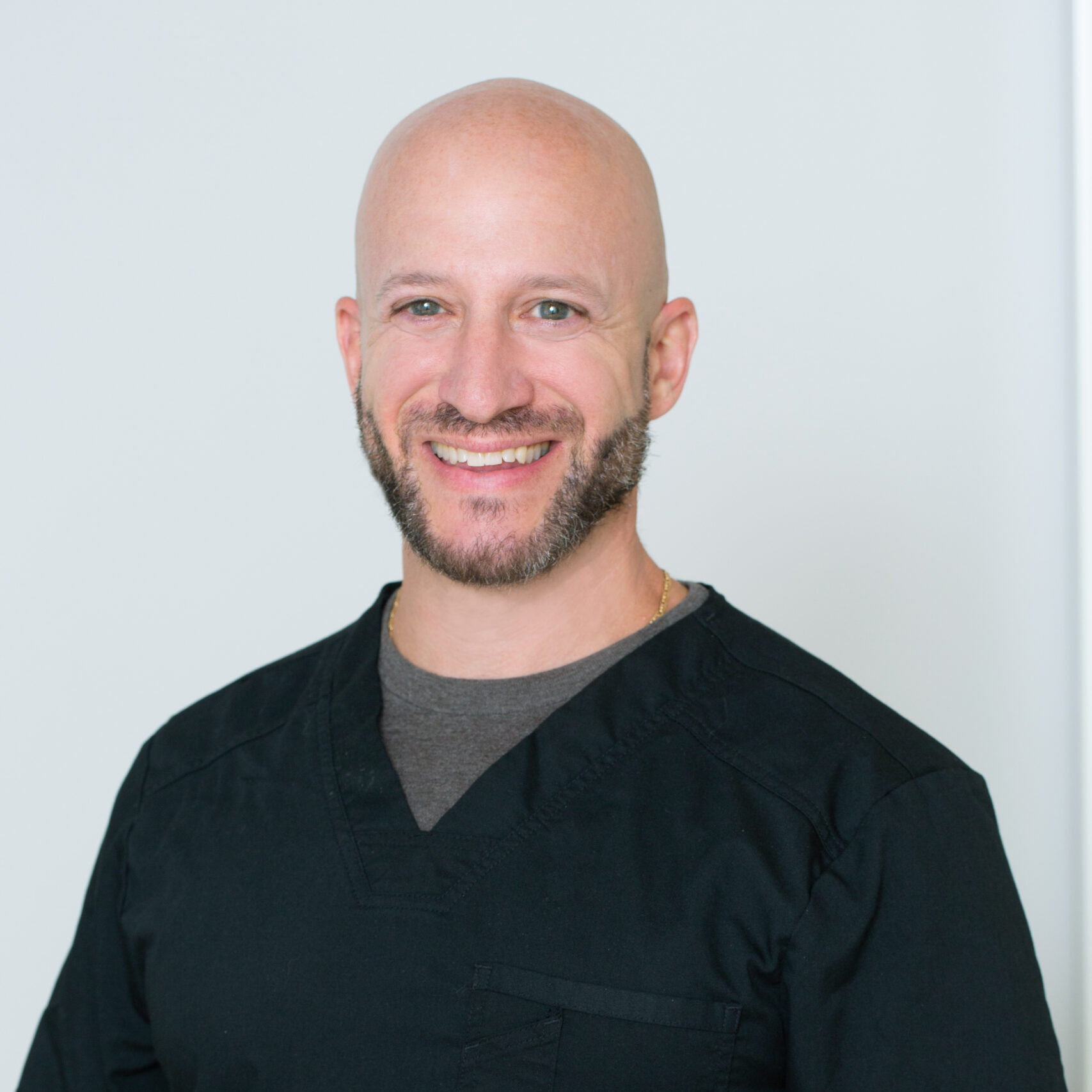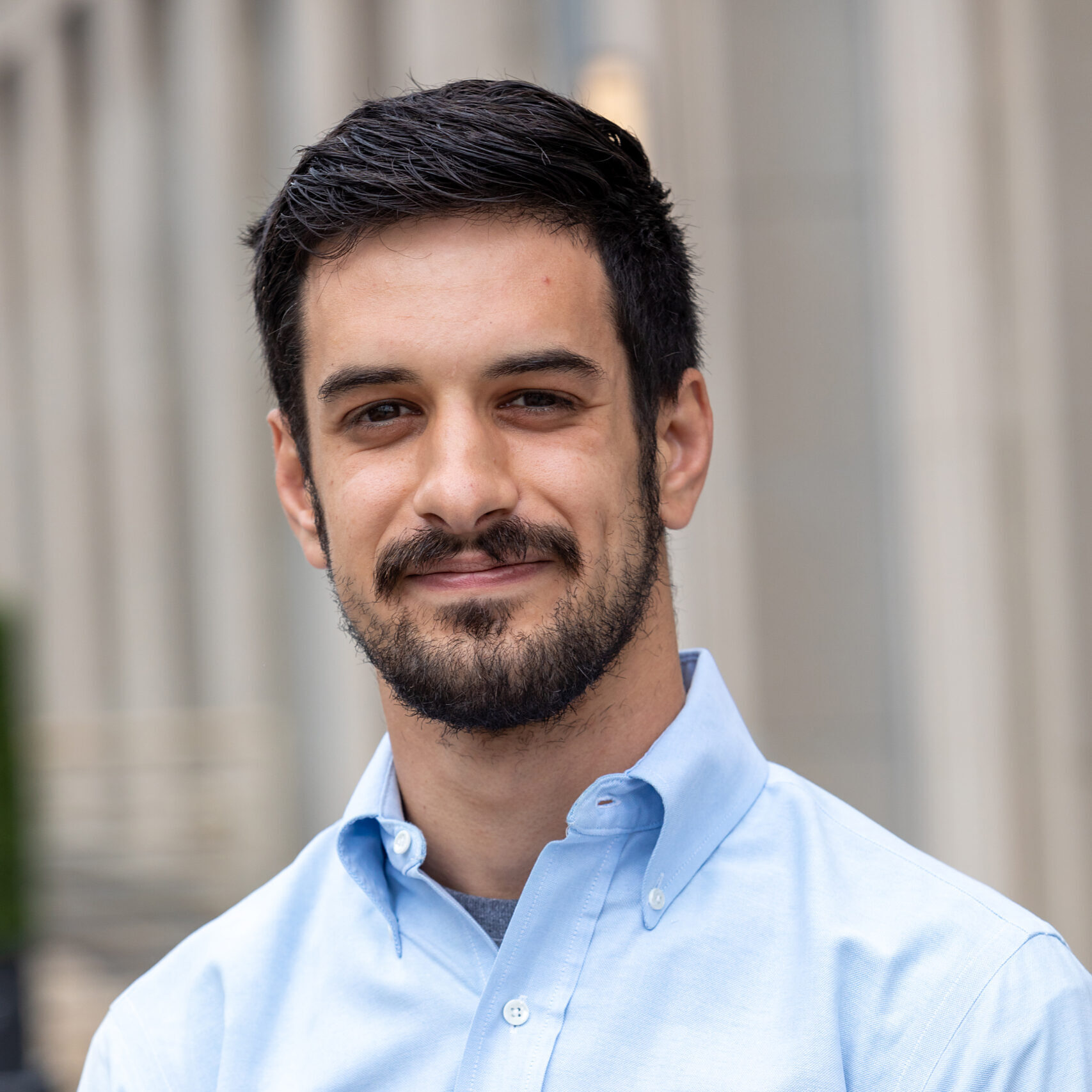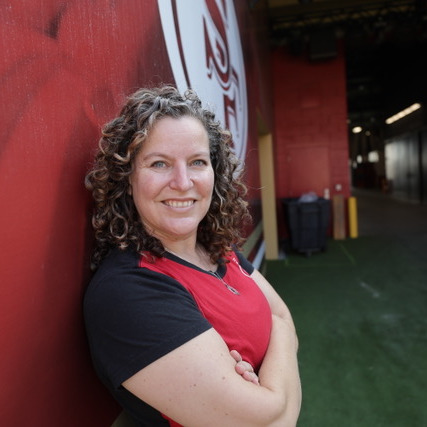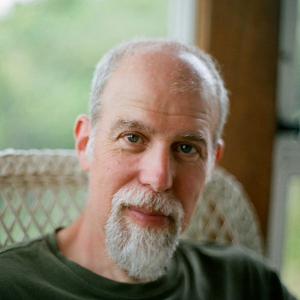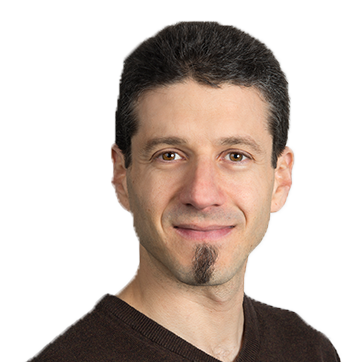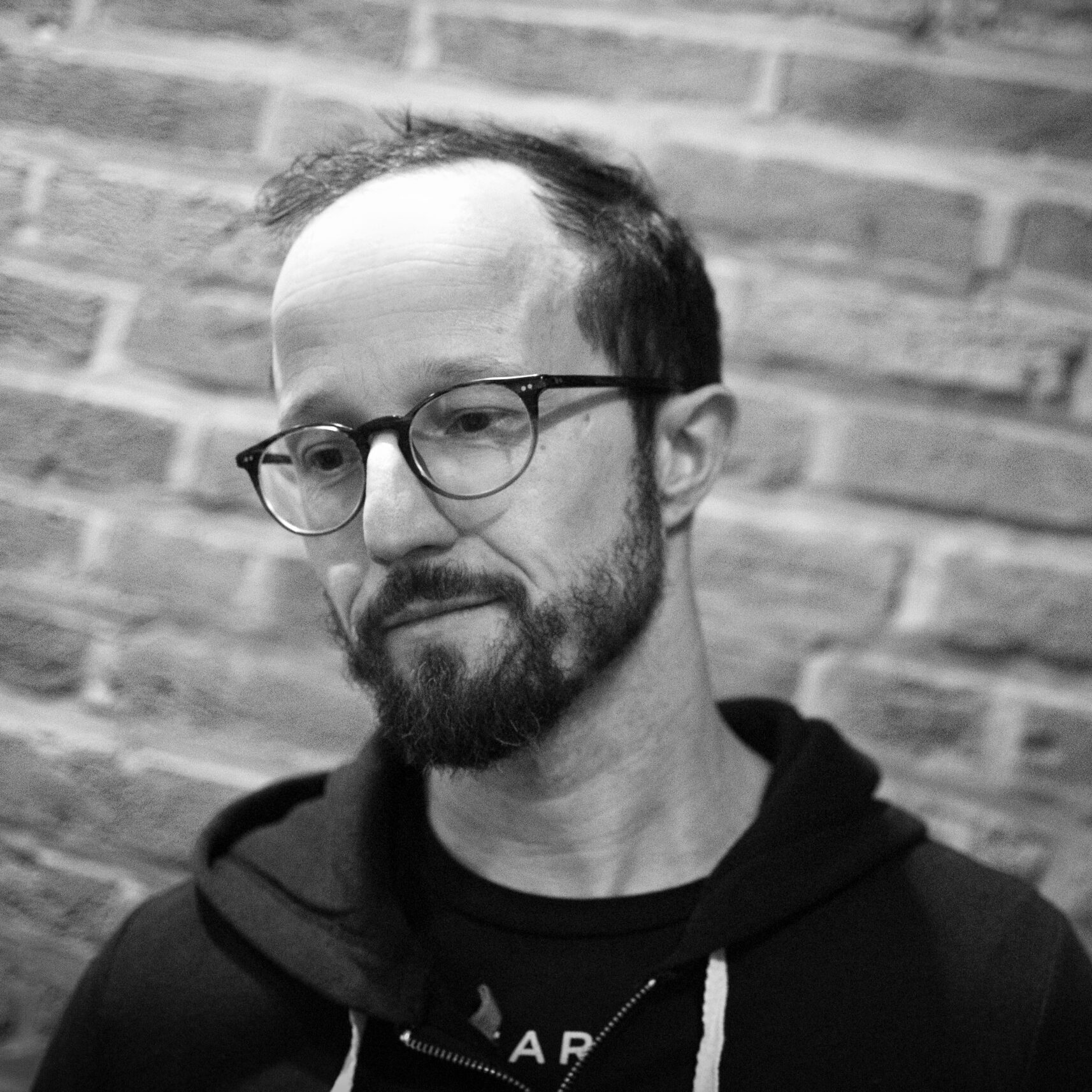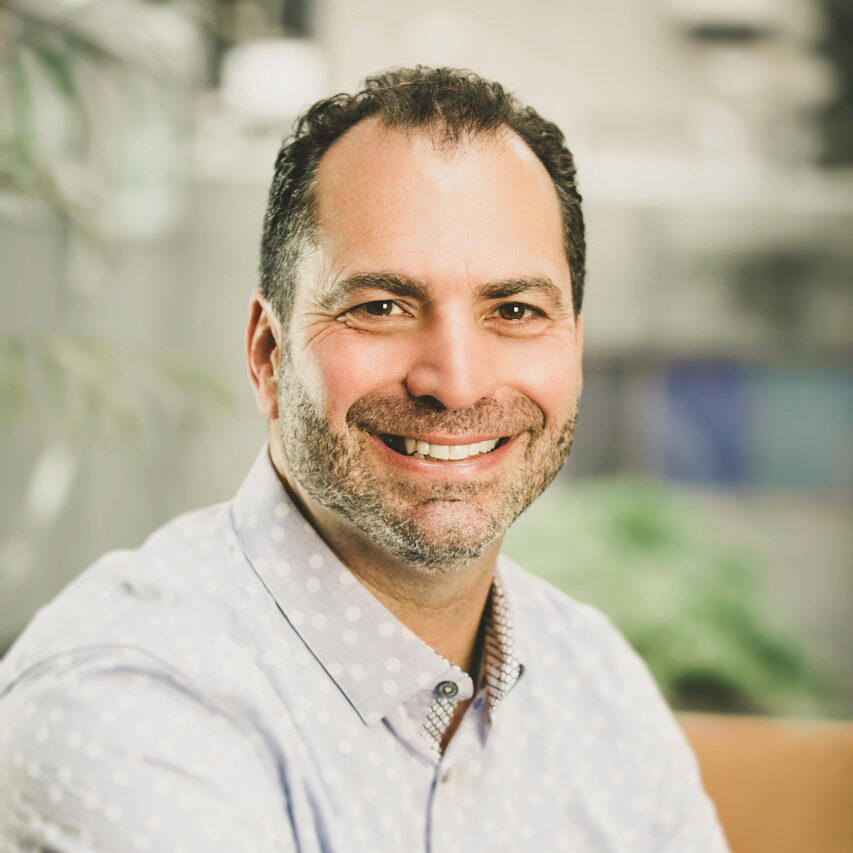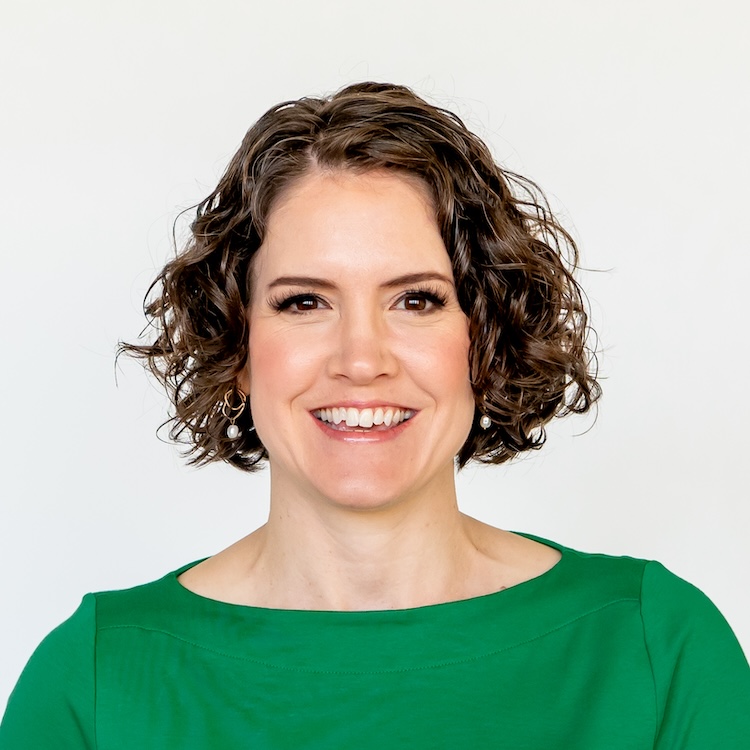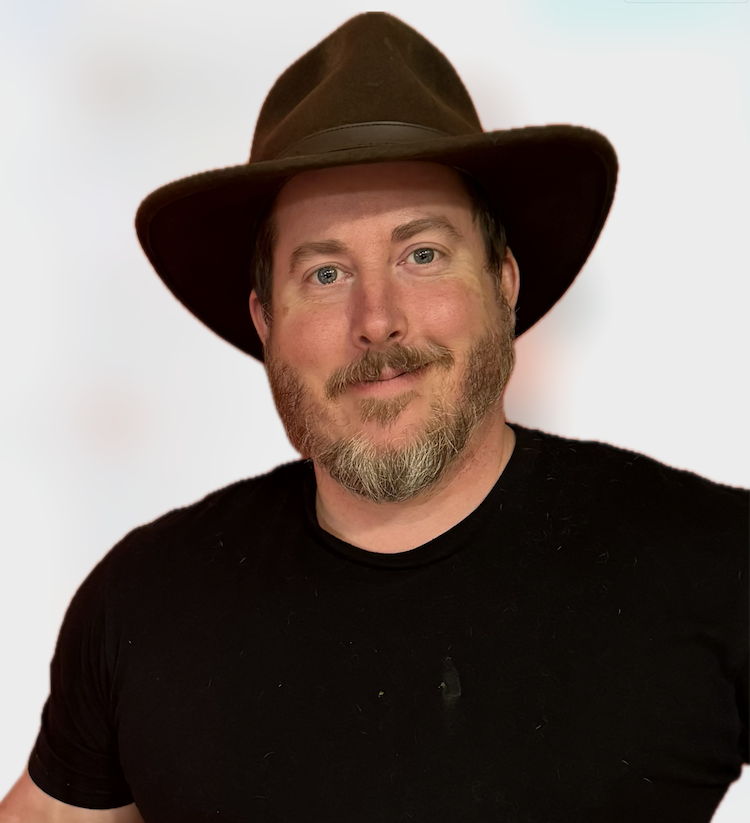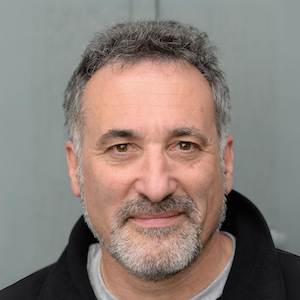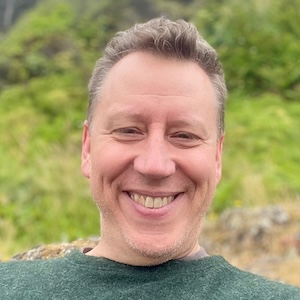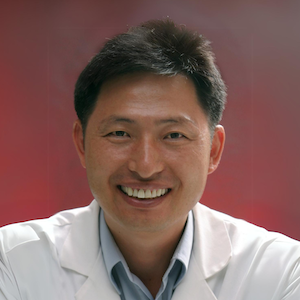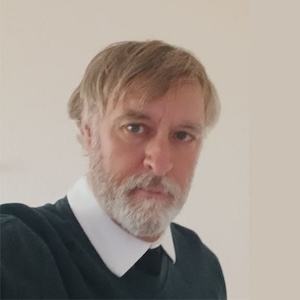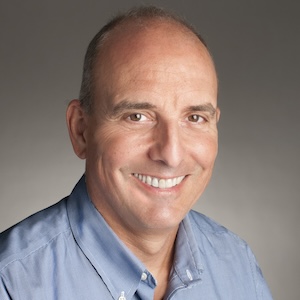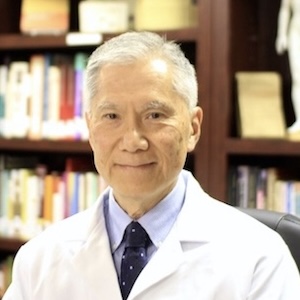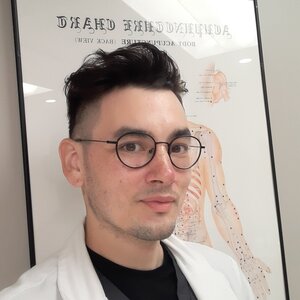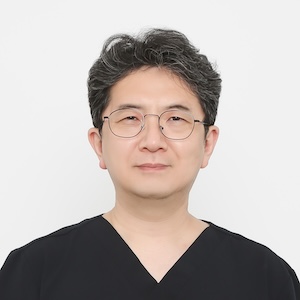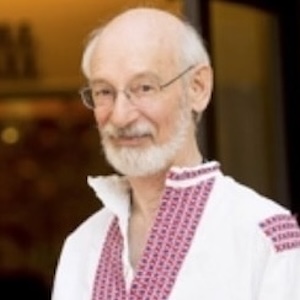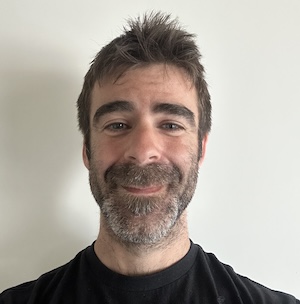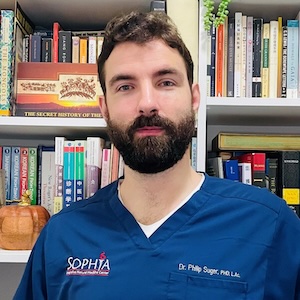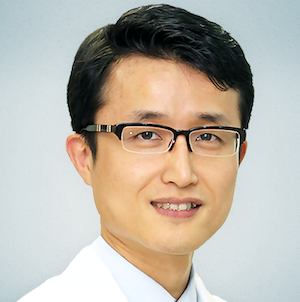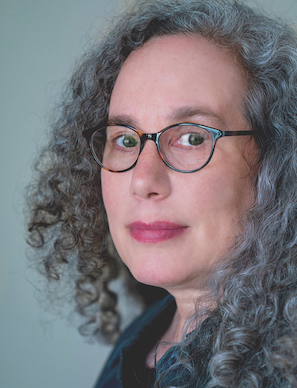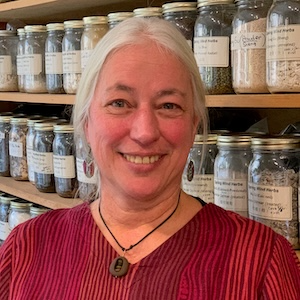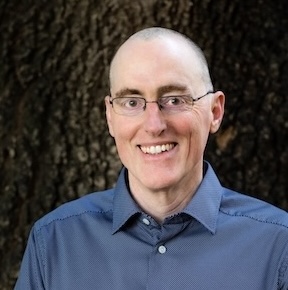As anyone who has started an acupuncture practice and tried explaining it to potential patients knows, it’s not easy taking the terminology and thinking of East Asian medicine into English speaking Western culture.
The guest of this conversation, John Rybak, has thought long and hard about this. He is keen on helping our profession bridge how we think and work with the constraints and opportunities of the conventional medicine world.
Listen into this conversation on the importance of effective communication, concerns with our scope of practice losses, need for advocacy, and how expanding our vocabulary can help us to engage the broader medical community.
In This Conversation We Discuss:
- John’s winding path to and through acupuncture
- The benefits and limitations of being Mr. Science
- You never know what you might learn on a walkabout
- We are stronger together, but often fighting like crabs in a bucket
- Acupuncture simultaneously addresses multiple physiological systems
- Reductionism is not the enemy in the same way that holism is not the solution
- It helps to be bilingual and to be able to explain acupuncture in conventional language
- The importance of controlling the narrative on acupuncture
- There are aspects of corruption in the reporting system that work against us
- We can’t simply say we have more education and that makes us better, we need to demonstrate superior clinical results
- The astonishing level of placebo that goes with medical treatments across the board
- Why it’s important to join your state association
The importance of communication and treatment planning is clear when patients come in to the clinic, sometimes after decades of suffering and skeptically say to me: “Yeah, I tried acupuncture once. It didn't work.” Communication and managing expectations are probably more important than creating the perfect treatment.
 John Rybak, L.Ac
John Rybak, L.Ac
I stumbled upon acupuncture in 1997 amid relentless chronic pain stemming from sports injuries and a severe car accident. As a research biologist and skeptic, acupuncture was an unexpected relief. That pivotal moment captured my scientific curiosity.
This realization led me on a decade-long global odyssey, delving into medical research, and meeting with experts in traditional medicine, wisdom traditions, and martial arts. Despite going against the grain of my peers and mentors, each step reaffirmed the significance of acupuncture. Eventually, I found myself compelled to pursue it as a career in medicine.
The problem is that the widespread acceptance of acupuncture remains limited; less than 10% of Americans have experienced its benefits. Yet, the evidence-based mechanisms underlying acupuncture are expansive and outperform standard of care for many pain conditions. I can’t help but wonder, “If we are safer and potentially more effective than typical treatments…then what’s going wrong with our profession.”
Through life in private practice, a faculty member at Oregon College of Oriental Medicine, and as a former executive board member and strategic director of policy of the Oregon Association of Acupuncturists, I've recognized a critical issue that lies within us—we're not effectively communicating.
The challenge isn't merely about others accepting acupuncture; it's about our ability as acupuncturists to communicate its value. Without refining our communication, our communities will continue to face restricted medical choices and be left with excessive amounts of prescription pain medications, extended post surgical recovery times, and the subpar alternatives like dry needling.
Links and Resources
Read John's article on the mechanisms of action of acupuncture.
Visit John on his website, YouTube channel, Instagram feed, or TikTok stream

